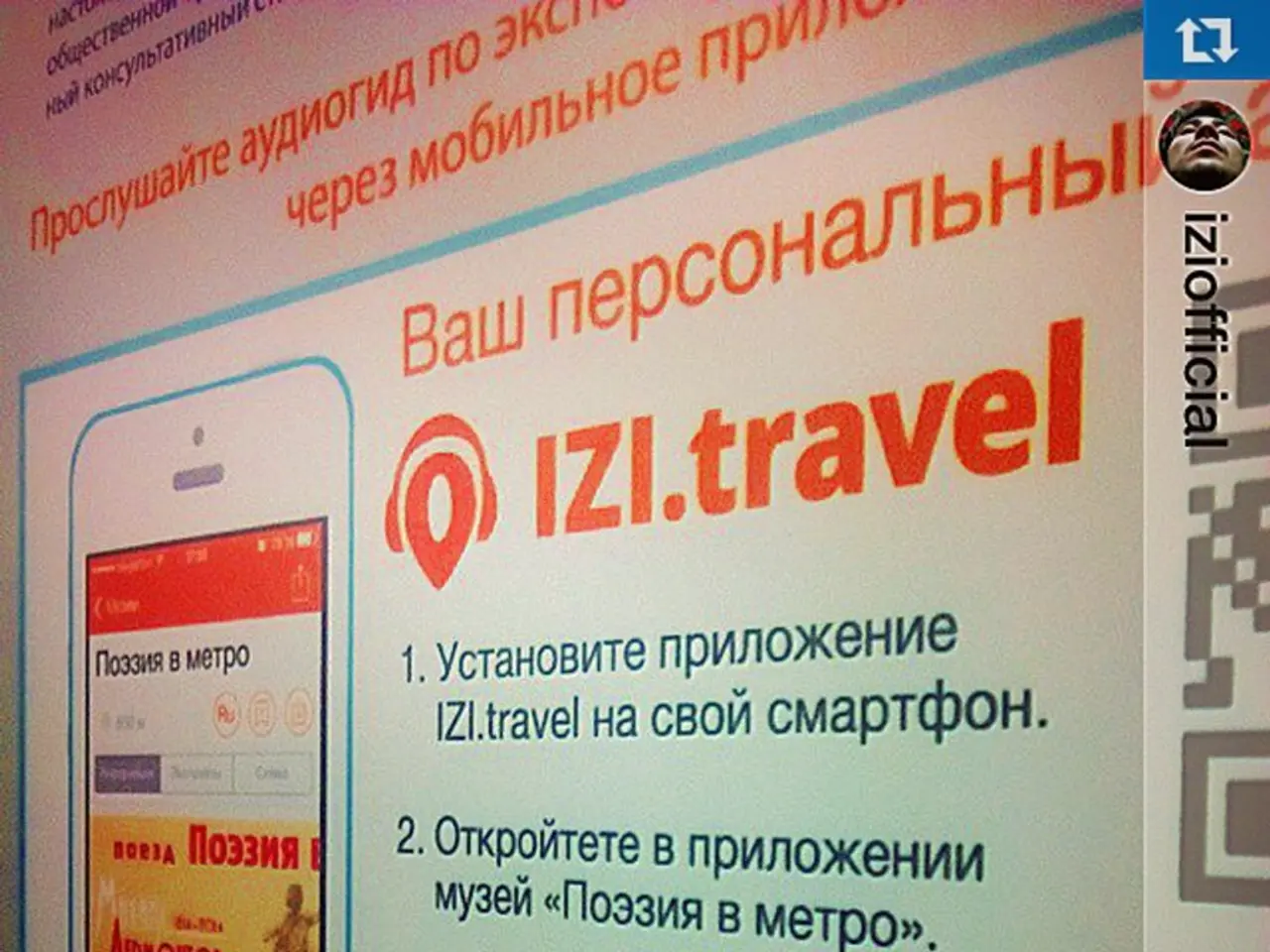Business proprietors seeking virtual employees and freelancers as a means to counteract the rise in national social security payments
In the ever-evolving business landscape of the United Kingdom, small businesses are facing a significant challenge due to the increase in employer National Insurance Contributions (NICs) from 13.8% to 15%, effective from April 2025. This change, coupled with the lowering of the secondary threshold from £9,100 to £5,000 in 2025, has led to a substantial rise in hiring costs for UK businesses, particularly small ones[1][2][3].
The increased employment costs per employee now mean that employers pay NICs on a larger portion of each employee's salary, adding approximately £600-900 per £50,000 annual salary in extra costs[1]. This has resulted in a greater financial strain, particularly for labor-intensive sectors such as hospitality, social care, retail, and manufacturing, where businesses can least afford the increased taxes[5].
The financial pressure has led to several impacts on small business hiring decisions. Early data suggests over 276,000 jobs have been lost since April 2025, with many of these attributed to increased employer NICs[5]. Some businesses may be reducing hiring, freezing recruitment, or cutting existing roles to manage costs.
To counterbalance these increased costs, many small businesses are turning to flexible staffing models, such as virtual staff, contractors, and freelancers, who are not subject to employer NICs. This shift allows businesses to maintain workforce flexibility and control costs while managing the higher fixed costs associated with traditional employment[1][2].
Some businesses are also attempting to offset the NIC increases by utilising increased Employment Allowance (raised to £10,500) and payroll software solutions for better financial planning and compliance[2][3].
The hospitality industry, in particular, has been hit hard by these changes, with the number of pubs declaring insolvency in April reaching 67, the highest since last July, following the tax raid[6]. Matt Howard, head of the insolvency and recovery team at Price Bailey, stated that the tax and minimum wage hikes are already tipping some struggling pubs over the edge[7].
The Chancellor is facing concerns about raising taxes on businesses again in the Autumn Statement due to the worsening economic picture. Some businesses are trying to rein in costs, while others may be forced to close entirely. The number of vacant roles decreased by 145,000 from a year ago, and the biggest fall was among 25-34 year olds, down by 106,000 since July 2024[4].
Contractors offer businesses flexibility, scalability, and access to specialist skills without the commitment of salaries, holiday pay, or sick leave. However, the early signs suggest that the tax and minimum wage hikes are having a significant impact on businesses, and there is a call for business owners to share their experiences on how the NI changes have affected their hiring practices at [email protected].
[1] Source [2] Source [3] Source [4] Source [5] Source [6] Source [7] Source
Read also:
- Coastal men's disruptions of dolphin gatherings might lead to jail sentences
- California customers overcharged by Walmart face a penalty of $5.6 million due to pricing discrepancies.
- Stripped-down versions of the Model 3 and Model Y electric vehicles will be introduced by Tesla.
- Affordable Electric Vehicles from Ford Set for Sales Debut







